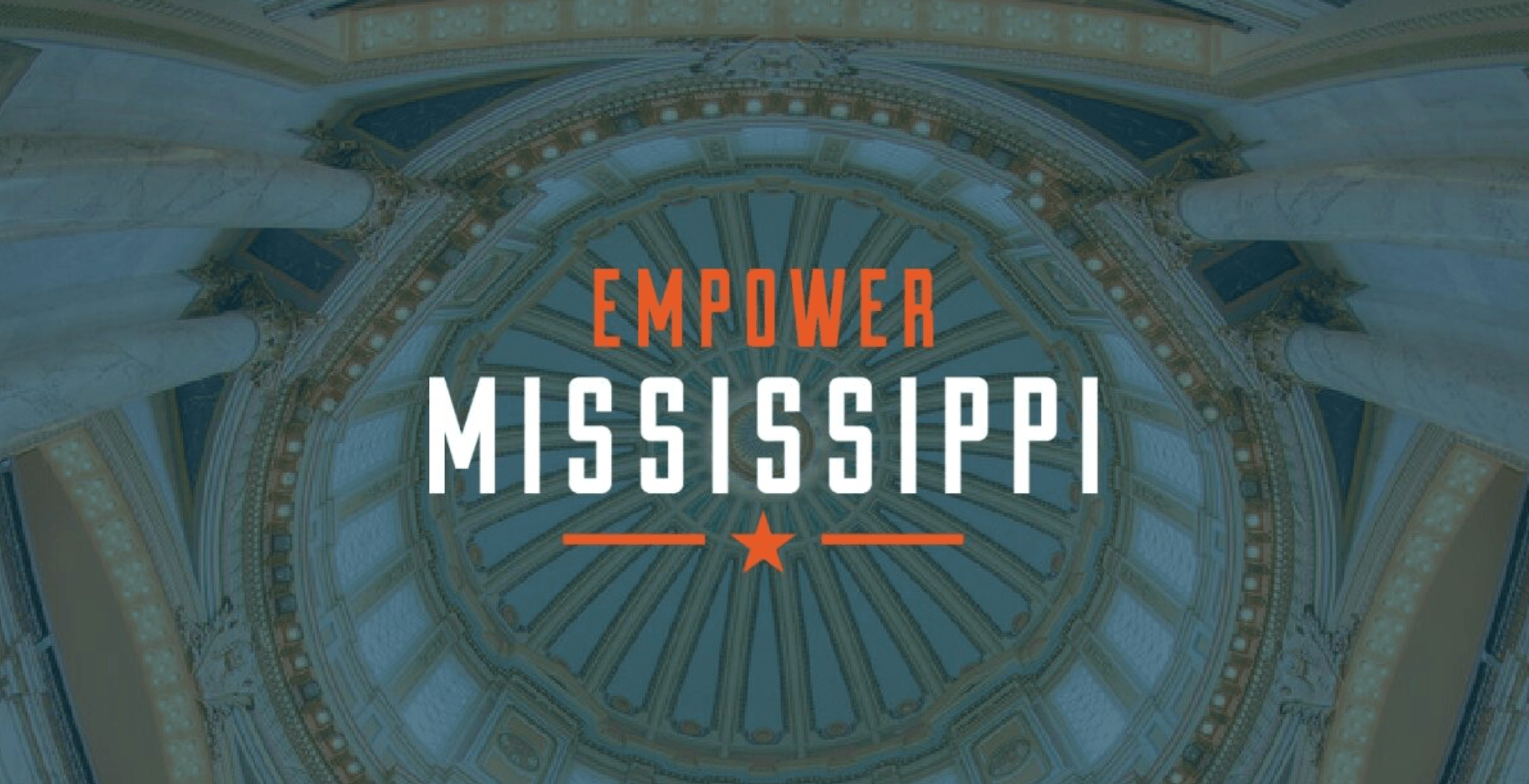What the “One Big Beautiful Bill Act” Means for School Choice in Mississippi

There are two aspects to the school choice provisions in the OBBB: a tax credit for contributions to organizations that provide scholarships to students in public or private schools, and rules those organizations have to follow in granting scholarships (including eligibility of scholarship students).
Tax Credit for Contributions
- Starting in 2027, an individual taxpayer (not corporations) can claim a tax credit (not simply a deduction) of up to $1,700 per year for contributions to scholarship-granting organizations (SGOs). That means if you give an SGO a total of $1,700 (or less) in a year, you can reduce what you owe the IRS by the amount you give. This is different from a tax deduction, which only reduces the amount of income on which you pay taxes. A tax credit is a dollar-for-dollar reduction in what you pay to the IRS. And because it’s not a deduction, you can claim the credit whether you itemize your deductions or not. This credit is a “non-refundable credit,” meaning it is limited to a person’s total income tax liability if that liability is less than $1,700. By the way, your “tax liability” doesn’t mean the amount you might have to write a check for on April 15; it means the total amount of income tax you owe for the year, so almost all federal taxpayers would qualify for the full amount. However, if a taxpayer can’t take the full credit for the contribution in one year, the shortage can be added to the next year’s $1,700 cap.
- The law doesn’t explicitly double the $1,700 for married couples, and because some credits in the tax code don’t automatically double for married couples, we’ll have to wait until the IRS regulations come out to know about that.
- Because it’s a federal tax credit, it’s likely that any federal taxpayer in any state may receive a federal tax credit for contributions to a qualified SGO in any state. However, the wording of the OBBB provision is murky, so we’ll have to wait on the IRS regs for that, too.
Rules for SGOs, Including for Students who Qualify
- Contributions described above can only be used to provide scholarships to students in the state where the SGO is located. That means a scholarship must come from a Mississippi SGO. The state has to submit to the federal government a list of SGOs that meet the qualifications outlined in the OBBB.
- States must opt in (“elect”) to participate. The OBBB anticipates the governor of a state will make that election, but it allows someone else to be designated in state law to make that election. The way it’s drafted, there are various ways to read this. The US Treasury Department (rather than the Department of Education, since it’s a tax provision) will be issuing regulations on this, so we might not know for a while how they interpret it.
- Eligible students to receive scholarships are those who live in a household with income up to 300% of the median gross income of their area. The vast majority of children in Mississippi would qualify, since the area median gross income in Mississippi (as determined annually by the US Department of Housing & Urban Development) is currently as follows, with the number in parentheses showing the income limits for scholarship-eligible recipients:
- 1-Person Household: $27,205 (x 300% = $ 81,615)
- 2-Person Household: $62,406 (x 300% = $ 187,218)
- 3-Person Household: $76,637 (x 300% = $ 229,911)
- 4-Person Household: $86,519 (x 300% = $ 259,557)
- Eligible expenses are tuition, books, special needs services, necessary tech equipment, etc.
- In addition to the requirements described above, SGOs must:
- be 501(c)(3) tax-exempt organizations, meaning no for-profit organizations may participate;
- provide at least 10 scholarships to students who do not all attend the same school;
- spend at least 90% of the org’s income on scholarships;
- keep separate accounts for tax credit contributions, which are subject to the limitations of this act, and other contributions which are not. For instance, if someone gave $2,000, the SGO could put $1,700 (the max allowable) in the qualifying account and $300 in another.
- prioritize students who received a scholarship the previous year and students who have a sibling who has a scholarship from the same SGO;
- NOT earmark any contributions for scholarships for any particular student;
- verify family size and income;
- not provide scholarships to “disqualified persons,” which include major contributors to the SGO.